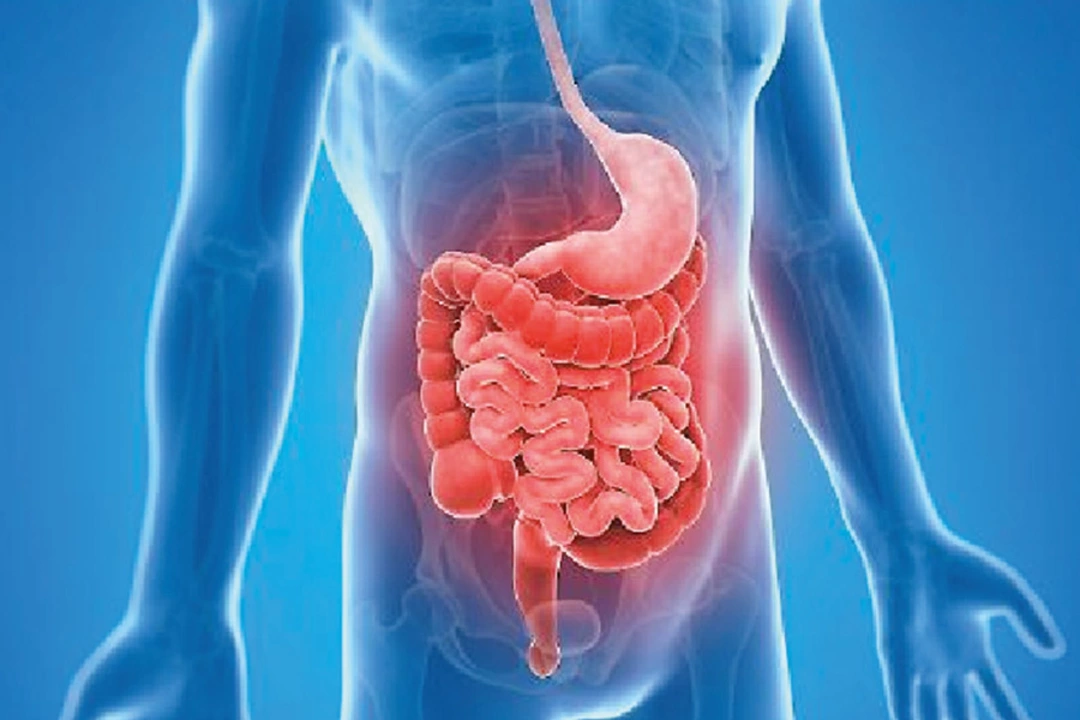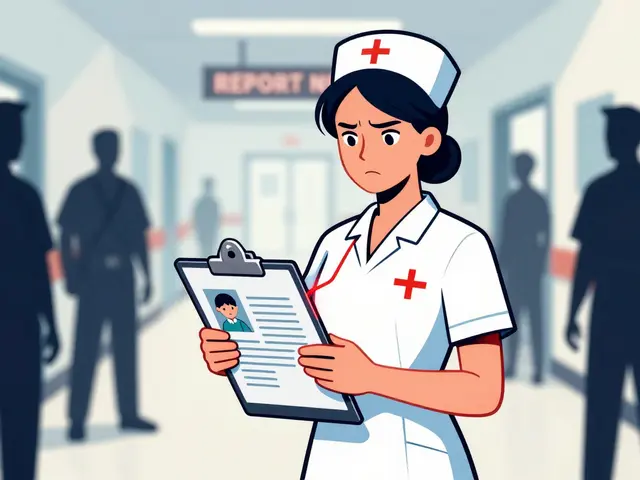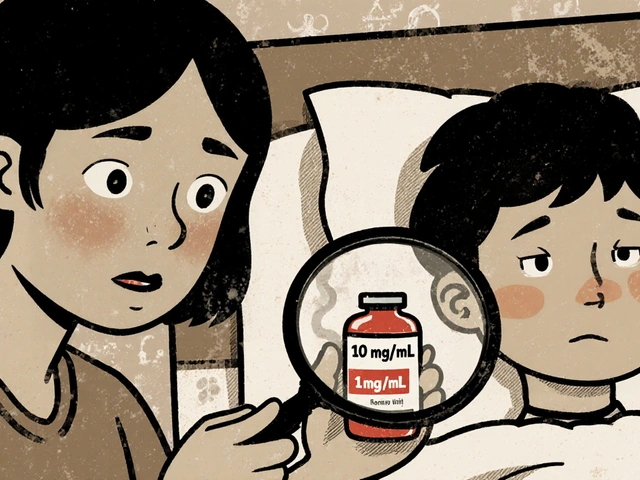Prevention: Practical Steps You Can Start Today
Want to spend less time sick and more time doing what you enjoy? Prevention is the fastest route. Small, consistent actions—like a vaccine, a screening, or a daily habit—cut your risk for big problems later. Below are straightforward, useful steps that help prevent common health issues without overwhelming you.
Daily habits that protect your health
Move regularly. You don’t need a gym—30 minutes of brisk walking most days lowers heart disease, diabetes, and mood problems. Eat more whole foods: vegetables, beans, whole grains, and lean proteins help control weight and inflammation. Swap sugary drinks for water. Sleep matters—aim for 7 to 8 hours; poor sleep raises blood pressure and weakens immunity. Finally, manage stress with simple practices: short walks, breathing breaks, or a hobby that clears your head.
Smoking and heavy drinking do predictable damage. Quitting smoking cuts your cancer and heart risk fast; cutting alcohol reduces liver and cancer risks. If cutting back feels hard, ask a clinician for practical support—small changes add up.
Medical steps and smart medication use
Keep up with vaccines and screenings. Vaccines (flu, COVID where recommended, HPV, shingles) prevent real illness. Screenings—blood pressure checks, cholesterol tests, mammograms, colon cancer screening—catch problems early when they’re easiest to treat. Don’t skip them because you feel fine.
Use medications wisely. Take prescriptions exactly as directed, and use a single pharmacy when possible so your pharmacist can spot drug interactions. If cost is an issue, check discount cards and trusted online pharmacies—but verify credentials and require a prescription for prescription drugs. Our site has guides on safe online ordering if you need help finding reliable sources.
Mental health prevention matters. Regular social contact, therapy when stress builds, and treating anxiety or depression early reduce long-term problems. If panic attacks, low mood, or intrusive thoughts are hurting your life, reach out—early help prevents worsening.
Prevent injuries and flare-ups. For people with asthma, know triggers and keep your inhaler handy. For arthritis and gout, stay active, maintain a healthy weight, and follow your doctor’s plan to prevent painful flares. For falls, remove loose rugs, add night lights, and do balance exercises.
Finally, be proactive with your healthcare team. Ask what screenings you need and why, discuss side effects before starting new meds, and schedule follow-ups. Prevention works best when it's simple, consistent, and personalized to your life. Start with one change this week—drink one extra glass of water, book a screening, or call for a vaccine appointment. Those small steps protect big parts of your life.
Need a quick guide to specific prevention topics like vaccines, safe online pharmacy tips, or managing chronic conditions? Check the linked articles on this tag page for clear, practical how-tos that match your situation.

As a blogger, I feel it's crucial to emphasize the role of education in preventing amoeba infections. By creating awareness about the symptoms, transmission, and prevention methods, we can significantly reduce the risk of contracting these infections. Education not only helps individuals to take personal responsibility for their hygiene but also encourages communities to maintain clean water sources and sanitation facilities. Furthermore, it's essential to educate healthcare providers to ensure early detection and effective treatment of amoeba infections. In conclusion, education plays a pivotal role in curbing the spread of these infections and keeping our communities healthy.
Continue Reading

In my latest blog post, I explored the relationship between ischemia and gastrointestinal health. Ischemia refers to the inadequate blood supply to a certain part of the body, which can lead to tissue damage. In the case of our gastrointestinal system, this could result in severe consequences like organ failure. To maintain optimal GI health, it's essential to be aware of the risk factors and symptoms of ischemic conditions. Incorporating a balanced diet, regular exercise, and seeking timely medical attention when needed can help us prevent and manage such health issues effectively.
Continue Reading






